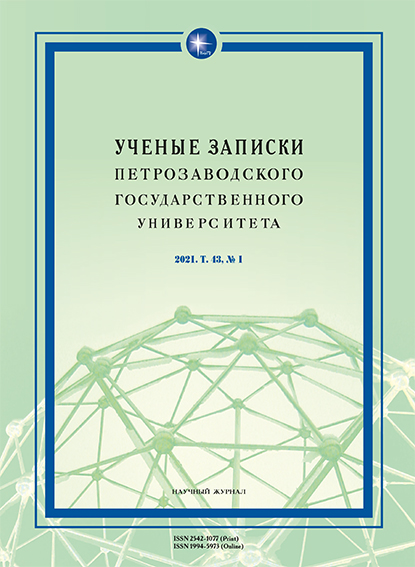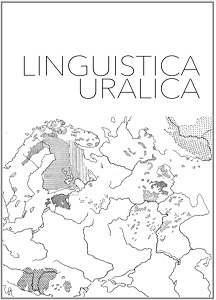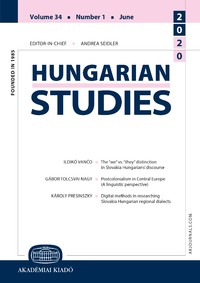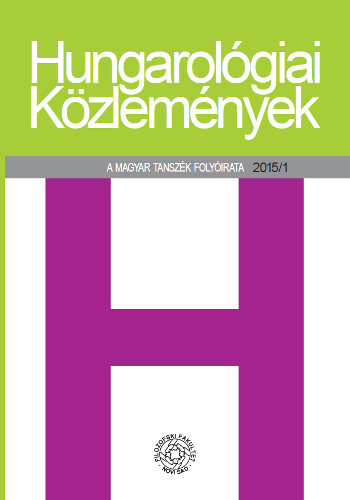
What determines the varying relation of case and agreement? Evidence from the Ugric languages
Agreement and case assignment can be interdependent, partially independent, or independent of each other (Baker & Vinokurova 2010; Baker 2014, 2015). These parametric options appear to have random distribution across languages. This paper claims on the basis of the comparison of the Ugric languages (Mansi, Khanty, and Hungarian) that the correlation of case and agreement or the lack of it may not be random. A strict correlation of case and agreement is attested in sentence structures displaying a fusion of grammatical functions and discourse roles. When these roles are encoded in distinct clausal domains, case and agreement have separate functions and licensing conditions, with case marking grammatical functions, and agreement associated with discourse roles. At the same time, relics of their former syntactic interdependence may survive in morphology, resulting in a partial correlation between case and agreement. It is shown that dependent case theory can account for the whole range of variation attested in the relation of case and agreement.
More...




